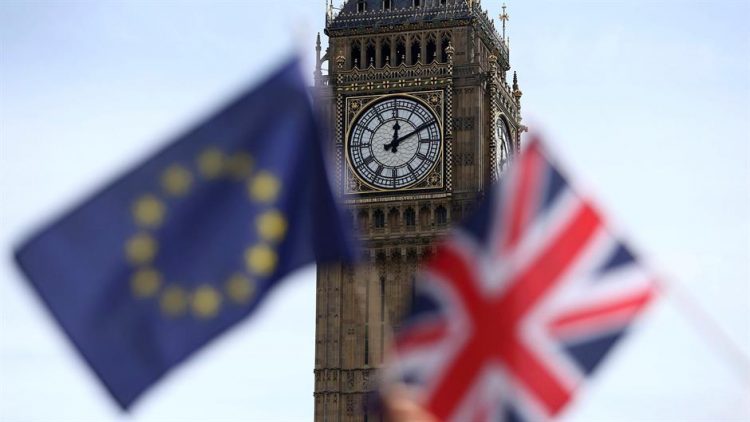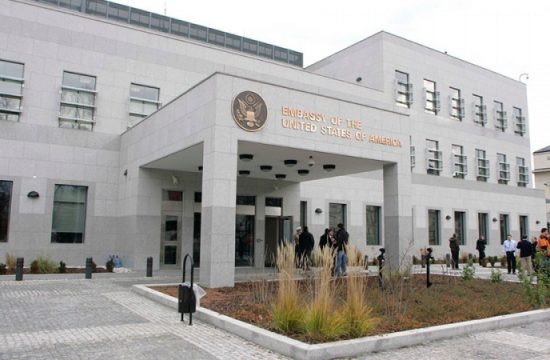
Brexit took yet another chaotic turn on Wednesday when a controversial request from British Prime Minister Boris Johnson to suspend UK Parliament from mid-September was approved by Queen Elizabeth.
The audacious gambit wrong-footed the Prime Minister's opponents by shortening the time available to lawmakers to block a no-deal Brexit.
The news was met with fury by opposition politicians, and even some members of Johnson's own party, who denounced it as potentially unconstitutional and undemocratic.
John Bercow, the Speaker of the House of Commons, called the move a “constitutional outrage.” Labour Party leader Jeremy Corbyn called it a “smash and grab” of British democracy.
Brexit is due to happen on October 31, and Johnson has promised the UK will leave the European Union on that date with or without a deal.
The Members of Parliament (MPs) – a majority of whom oppose no-deal – now effectively have just a few days before and after Parliament is “prorogued,” or suspended, to pass any legislation preventing a hard break with the EU.
The suspension ends on October 14, after the Queen's Speech where the monarch lays out the government's agenda in the House of Lords.
In a televised interview on Wednesday, Johnson denied that he was seeking to prevent Parliament from limiting his Brexit plans.
“That is completely untrue. If you look at what we're doing, we're bringing forward a new legislative program,” he said.
In a letter to lawmakers, the Prime Minister said Parliament “will have the opportunity to debate the Government's overall program, and approach to Brexit, in the run-up to EU Council, and then vote on this on 21 and 22 October, once we know the outcome of the Council.”
‘Do or Die’
Johnson's longstanding demand for the EU to reopen the Brexit agreement and ditch the so-called Irish backstop has fallen on deaf ears among European leaders.
However, “should I succeed in agreeing a deal with the EU, Parliament will then have the opportunity to pass the Bill required for ratification of the deal ahead of 31 October,” Johnson wrote.
But his “do or die”‘ position on Brexit has prompted a number of UK opposition party leaders to agree on a strategy to avert a no-deal Brexit on Tuesday.
Options include “the possibility of passing legislation and a vote of no confidence,” according to a joint statement from the UK's Labour Party, SNP, Liberal Democrats, Plaid Cymru, the Green Party and the Independent Group for Change.
“Unless MPs come together to stop him next week, today will go down in history as a dark one indeed for UK democracy,” Scotland First Minister Nicola Sturgeon wrote on Twitter. She later said Johnson was “wrong” for “pulling the Queen into this position.”
“It's not democracy, it's dictatorship,” Sturgeon said, while speaking to media in Edinburgh Wednesday.
Currently, Johnson has a parliamentary majority of one. This makes him vulnerable to losing a vote of no-confidence. While bringing down his government wouldn't automatically stop a no-deal Brexit, it could trigger a series of events that leads to him requesting a Brexit extension.
Democratic Unionist Party leader Arlene Foster, whose party props up the minority Conservative government, welcomed the news on Wednesday.
“This has been the longest Parliamentary Session since the Union of England and Scotland in 1707,” she said in a statement.
“We welcome the decision to hold a Queen's Speech marking the start of a new session of Parliament,” adding that the Conservative Party and the DUP's confidence and supply arrangement would need to be revisited before the new session.
British governments usually arrange for a new parliamentary session to begin every year.
New sessions start with a Queen's Speech, which outlines the government's legislative priorities for the session. But former Prime Minister Theresa May allowed the previous session to drag on, as she repeatedly attempted to persuade lawmakers to pass her Brexit deal.



